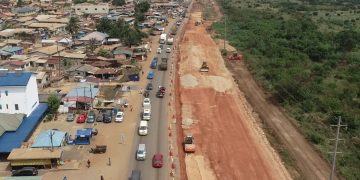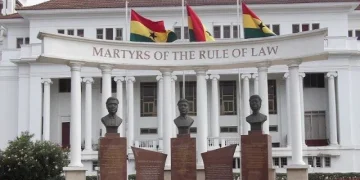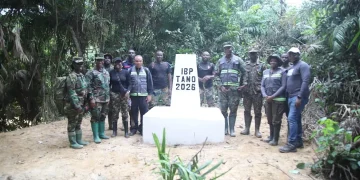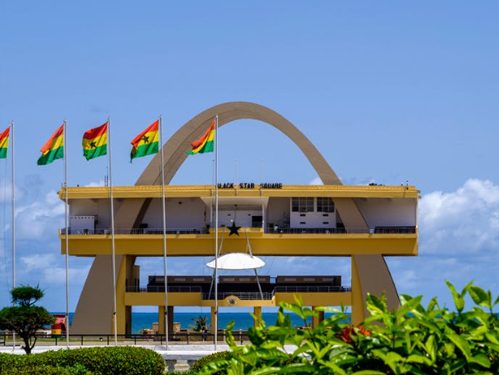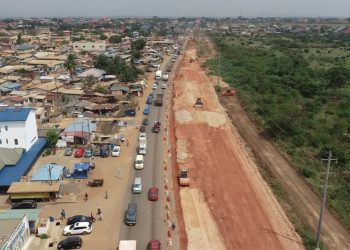In a democracy, the separation of powers and the independence of institutions such as the judiciary, legislature, media, and security services are fundamental. However, the issue of “state capture” – where a government in power consolidates control over these institutions – poses a grave threat to democratic governance.
State capture not only undermines the rule of law but also distorts democracy into what can become a form of dictatorship.
Understanding State Capture
When a government controls essential state institutions, it can project an appearance of democracy while silencing opposition and limiting genuine public discourse. Although a state might appear to operate democratically on the surface, controlling the media, judiciary, legislature, and security forces enables a government to shield itself from accountability. This setup, though resembling democracy, effectively paves the way for authoritarianism.
Signs of State Capture
1. Judiciary: A captured judiciary often fails to serve as a check on executive power, allowing corruption and other abuses to go unchecked. When the courts no longer function independently, the public loses faith in justice, creating a system where certain individuals and entities are above the law.
2. Media: Free and independent media are critical for holding government officials accountable. But under state capture, the media may be restricted, censored, or controlled, depriving the public of essential information and turning news outlets into tools for propaganda.
3. Security Services: The military and police should protect the people and uphold the law, but when controlled by a single government entity, these forces may be used to intimidate opponents, influence elections, or suppress dissent. Control over security agencies amplifies the risk of tyranny.
4. Immigration and Civil Services: A stranglehold over civil services and immigration policies can further solidify control, ensuring the administration’s directives are carried out without question and potentially turning these services into political weapons.
Potential Consequences of State Capture
If state capture is allowed to continue unchecked, it will likely lead to societal instability. As the public becomes increasingly disillusioned with an unresponsive and unfair system, social unrest may emerge. This could escalate to widespread protests or even violent confrontations if citizens perceive no other means to hold the government accountable.
What’s at Stake?
With elections scheduled, the potential for state capture remains a critical issue. Should the next government – whether the incumbent party or the opposition – continue down this path, the repercussions for democratic stability could be severe. A government that maintains or deepens its grip on key institutions will likely push the nation closer to dictatorship, creating a future where the voices of the people are suppressed, and democratic freedoms are curtailed.
The people of the country must remain vigilant. As citizens, they should hold their leaders accountable, ensuring that no single party or leader consolidates too much power. This vigilance is crucial in preserving the nation’s democratic foundations and preventing a descent into authoritarianism.
Source: www.kumasimail.com/Isaac Justice Bediako broadcast Journalist


